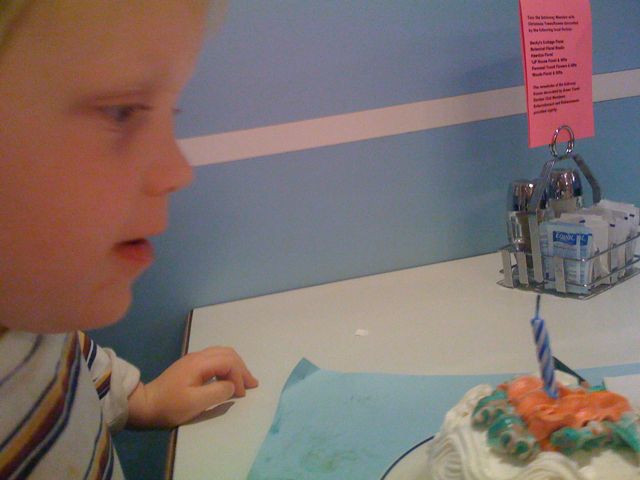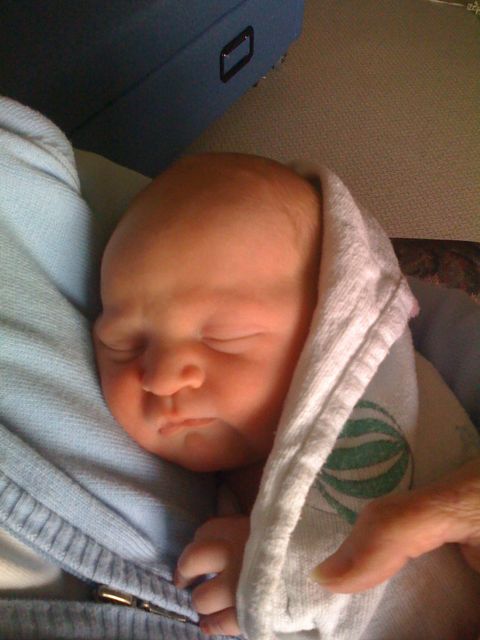On Weekend Edition this morning (January 18, 2009), NPR carried a story by Sylvia Poggioli describing the Vatican’s concerns around “life issues” and the positions of the Obama administration. It raises afresh the vexing issues for people of faith as to how to relate their faith commitments to the local, regional, national, and international political orders in which we all participate.
Martin Marty, in the e-newsletter Sightings for January 5, contrasts Obama’s stance on faith commitments and the political order with Rick Warren’s. Marty quotes Obama’s Call to Renewal speech (May 28, 2006) as follows:
Democracy demands that the religiously motivated translate their concerns into universal, rather than religion-specific, values. Democracy requires that their proposals be subject to argument, and amenable to reason. I may be opposed to abortion for religious reasons, but if I seek to pass a law banning the practice, I cannot simply point to the teachings of my church or evoke God’s will. I have to explain why abortion violates some principle that is accessible to people of all faiths, including those with no faith at all…
(Those of us who had the privilege of hearing Obama address the UCC General Synod in Hartford, Conn., a year later heard him reiterate this point.)
Warren, on the other hand, like the Vatican, asserts non-negotiable values. Again, Marty quotes:
[F]or those of us who accept the Bible as God’s Word and know that God has a unique, sovereign purpose for every life, I believe there are five issues that are non-negotiable. To me, they’re not even debatable because God’s Word is clear on these issues.
Not surprisingly, these issues are abortion, stem-cell harvesting, homosexual “marriage,” human cloning, and euthanasia, ones where Warren and the Vatican stand rather close together.
In The Christian Century of January 13, Gary A. Anderson, professor of Old Testament at the University of Notre Dame defends Israel’s right to its land by appealing to the promises of God in the Hebrew scriptures:
Christians must also insist that the promises of scripture are indeed inviolable and that Israel’s attachment to this land is underwritten by God’s providential decree. The miraculous appearance of the Israeli state just after the darkest moment in Jewish history is hard to interpret outside of a theological framework.
As with the Vatican and Rick Warren, the assertion is that promises or positions derived from the scriptures deemed holy by a particular religious tradition are to be taken as having extraordinary value (and may even be, in Warren’s words, “non-negotiable”).
Responding to Anderson’s position, Walter Brueggemann offers the following critique:
It strikes me as enormously hazardous to cite a supernatural right in the midst of realpolitik, especially when the right is entwined with military ferociousness and political exclusivism. While such a right may serve self-identity, it makes sense only inside the narrative. Outside the narrative it is no more than ideology, and so offers no basis for the hard work of peace and justice.
Brueggemann’s distinction between “inside the narrative” and “outside the narrative” captures the point Obama makes about the responsibilities of people of faith in a pluralistic society to leave their religious absolutes at the door when they participate in civic discourse. In Christianity, this rejection of religious absolutes has a theological foundation. It is the prohibition against idolatry and the recognition that attributing ultimate value to any human product, even the words of scripture, is elevating something limited, finite, and fallible, to a place of honor that is due to God alone.


